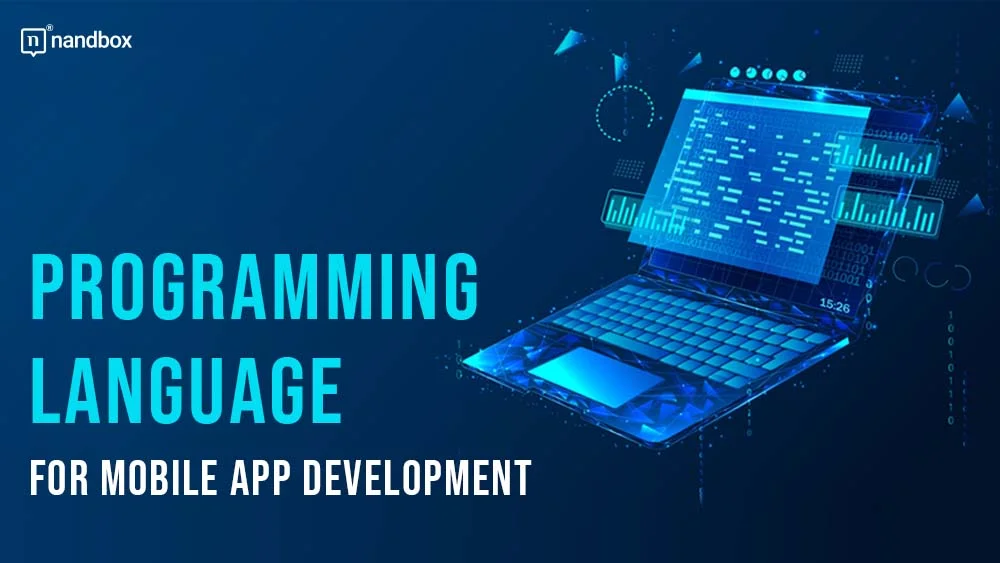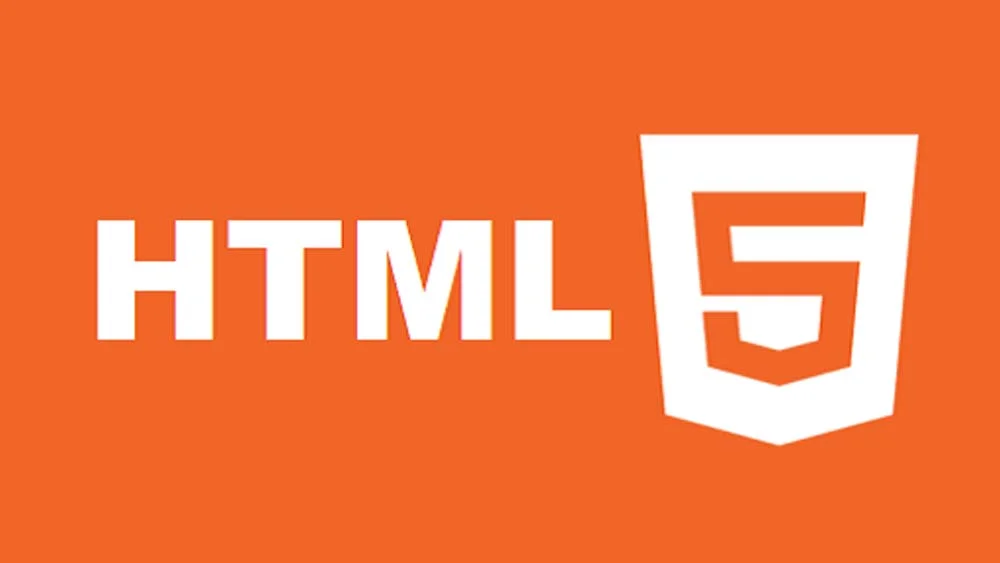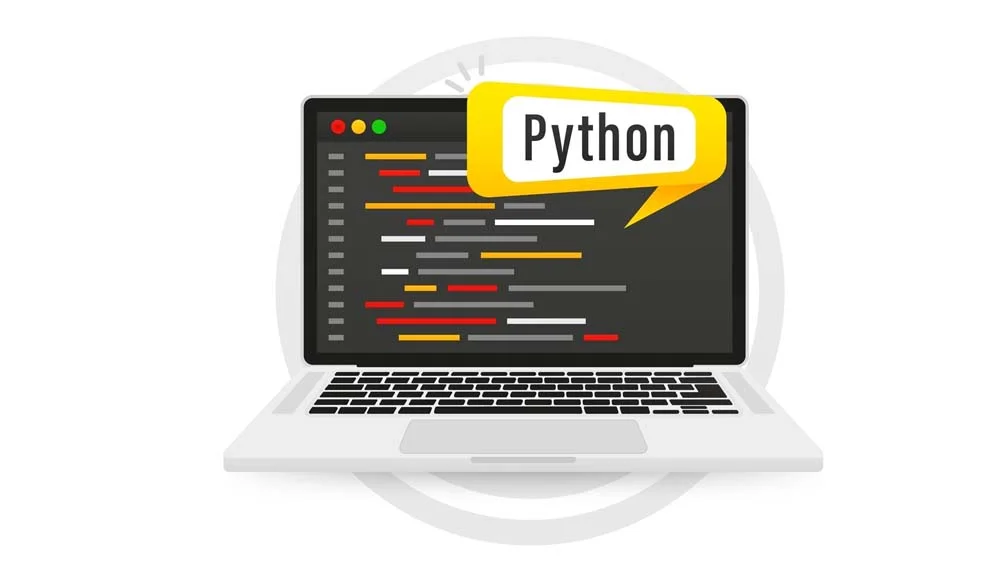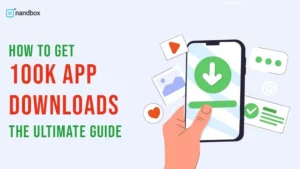The Top Programming Language For Mobile App Development
With the many types of mobile applications and the way they are leading the market, there is no doubt that there is an equivalent number of programming languages that developers use to create these types of applications. I know that application development is one task that may seem daunting or overwhelming to some.
However, with this guide, you will be able to determine and know the top programming language for mobile app development. This is something that will give you enlightenment and provide you with the information you need to equip yourself with the right tools and platforms that will help you pick the best programming language for mobile app development.
Each of the options that we will be discussing in this guide will have its own set of pros and cons. Something is best to be identified before starting to use one of the programming languages without knowing what’s behind it or what disadvantages it may have. Delve deeper with me into this topic and understand your development options to see what will suit you best from the vast choices of programming languages for mobile app development.
What Is a Programming Language for Mobile App Development?
When it comes to mobile app development, there are many programming languages that will serve you when it comes to dealing with varied platforms. There are some programming languages that cater to Android only, some are for iOS only, and some are called cross-platform programming languages. Cross-platform means that they serve both platforms and support the development of applications on both Android and iOS. Cross-platform programming languages typically support native applications. Ones like: C# (Xamarin), JavaScript (React Native), Dart (Flutter), HTML, CSS, JavaScript (Ionic, Cordova), and C++ (NativeScript). Android applications are known to be built using Java and Kotlin. These are two programming languages that are gaining fame for their modern features and the way they offer developers a large scope or range of versatility.
Additionally, they offer developers an enhanced community that helps support developers who use these languages with their milestones and whatever obstacles might meet them. On the other hand, there are programming languages like Swift. One that is prominent when it comes to the development of iOS applications. That is because it offers developers high performance and high levels of safety for their development process.
Cross-Platform Programming Languages: A Quick Overview
Platforms like Xamarin offer developers the pro of using C# for developing applications that are built on both Android and iOS. React Native leverages JavaScript to develop apps that are similar or that closely resemble native apps on multiple platforms. Moreover, Dart is considered a combination of Flutter. That is because it provides developers with accelerated development. Additionally, it offers them a visually appealing user interface for projects that can be used across multiple platforms. The decision relies on the user’s platform preference, performance requirements, and the level of expertise of the developer.
iOS Programming Language for Mobile App Development
In this little paragraph, I will be diluting for you the information that you can get regarding iOS programming languages that will help you develop a fully functional iOS application. Let me tell you the main ones that are being used in iOS application development.
- Objective-C
- HTML5
- Swift
Let’s begin with HTML5:
HTML5 is considered a web technology standard rather than a programming language. When it comes to iOS app development, HTML5 is frequently utilized alongside CSS and JavaScript to build web-based applications. Developers have the opportunity to utilize frameworks such as Apache Cordova or PhoneGap to package HTML5-based apps as native iOS applications. Although HTML5 offers cross-platform compatibility, it may not deliver the same level of performance as native development in Swift or Objective-C. Nevertheless, HTML5-based solutions have gained popularity for specific types of applications, especially those with straightforward needs and wide-ranging platform compatibility.
Next in Line Is Objective-C:
Objective-C is a programming language that is widely utilized for developing iOS applications. Created by Apple, it works alongside Swift as a crucial language for constructing applications on the iOS platform. Famous for its rich legacy in Apple development, Objective-C served as the main language prior to the advent of Swift. Although Swift has gained significant popularity, Objective-C continues to hold relevance, particularly in projects that have pre-existing codebases. It offers dynamic runtime and object-oriented capabilities, making it a versatile option for iOS development, especially for maintaining legacy applications.
Final iOS Programming Language: Swift
Swift is Apple’s exclusive programming language, specifically created for iOS app development. Introduced in 2014, it rapidly became the preferred language for developing applications on Apple platforms. Famous for its fast performance, robust security measures, and up-to-date programming language, Swift significantly boosts developer efficiency. Swift provides a smooth and efficient experience for creating iOS applications, with a strong emphasis on readability and maintainability. The constant development and backing from Apple have made it the top choice for developers who want to create powerful and advanced apps for iPhones, iPads, and other Apple devices.
Android Development Programming Languages
Now that we have covered iOS mobile app development programming languages, let us cover Android development programming languages.
- Java
- Kotlin
- Python
Let’s begin with Java.
Java is widely used for developing Android applications. This is a programming language that is best known for its flexibility and ability to work across different platforms. Moreover, Java empowers developers to build strong and scalable applications for the Android ecosystem. By utilizing Java’s object-oriented paradigm, developers have the ability to create interfaces that are intuitive for users and seamlessly incorporate intricate functionalities. Android Studio, the official development environment for Android, fully supports Java, making it the language of choice for creating a vast range of applications that run smoothly on various Android devices. Due to its large developer community and variety of libraries, Android has a significant impact on the app development landscape.
Next In Line: Kotlin Programming Language For Mobile App Development
Kotlin is a cutting-edge programming language utilized for Android app development, providing a streamlined syntax and effortless compatibility with Java. By reducing repetitive code and common programming errors, Kotlin, recognized by Google as an official language for Android, increases developer productivity.
Famous for its eloquence and emphasis on security, Kotlin provides a seamless and delightful development experience. Developers find its syntax to be concise, code readability to be improved, and integration with existing Java codebases to be seamless, which has led to its growing popularity for creating robust and efficient Android applications.
Final Android Programming Language For Mobile App Development: Python
Python is not typically the go-to programming language for developing native Android apps. Although Python is a widely used and flexible language, Java or Kotlin are the preferred choices for official Android development. On the other hand, there are tools like Kivy and BeeWare that have emerged, providing developers with the opportunity to utilize Python for creating Android apps.
Kivy is a remarkable open-source Python library that empowers developers to create games and applications with intricate user interfaces, thanks to its support for multi-touch interfaces. BeeWare’s tools, such as Toga and Briefcase, empower Python code to be transformed into native applications, offering cross-platform capabilities. In spite of these options, Java and Kotlin continue to be the popular choices for Android development.
Cross-Platform Application Development Programming Languages
Now that you know the main ones for Android and iOS, each solely. Let me tell you more about languages that support cross-platforms. Cross-platform programming languages are ones that help developers create applications that can function on both Android and iOS. Many application developers wish to have their apps on both platforms. That is why cross-platform apps are of great importance for people who wish to display their applications on both the Google Play Store and the Apple App Store. Bear with me and get to know and learn more about the languages that developers get to use in order to create cross-platforms.
C# Xamarin: A Cross-Platform Programming Language
C# or C-sharp, is a highly adaptable programming language that plays a crucial role in cross-platform app development, particularly through Xamarin. Xamarin enables developers to leverage C# for creating applications that can effortlessly run on both iOS and Android platforms. By utilizing the.NET structure, Xamarin enables seamless code sharing across multiple platforms, resulting in improved development efficiency.
Developers can take advantage of the cutting-edge capabilities, strong typing, and wide range of libraries offered by C#. Xamarin’s cross-platform capabilities enable developers to create user experiences that closely resemble native applications, all while reducing the need for duplicating code. This combination of C# and Xamarin provides a compelling solution for creating efficient and outstanding-performance applications for mobile devices across various operating systems.
JavaScript (React Native): A Programming Language For Mobile App Development
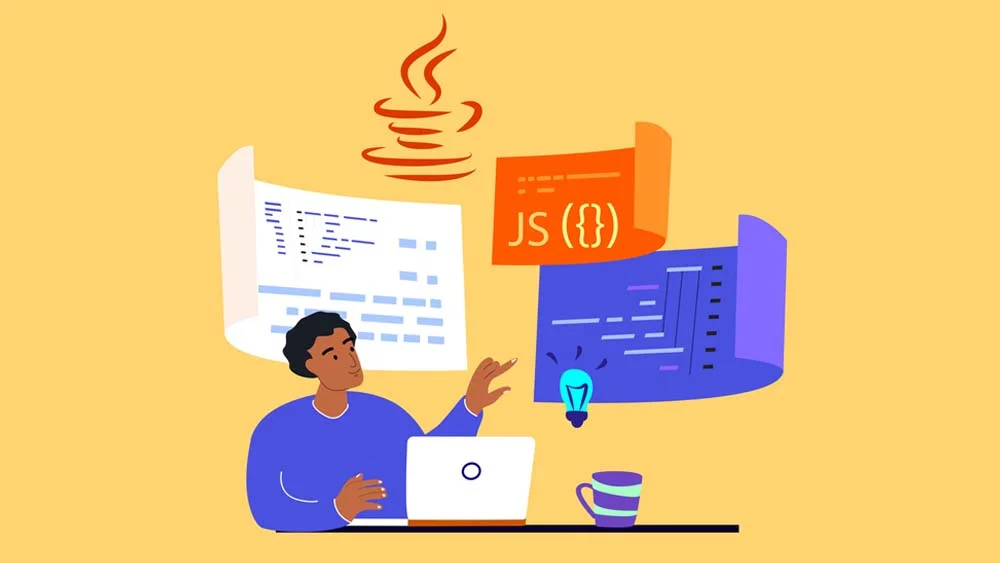
JavaScript, especially when used with React Native, is a highly effective language for developing apps that work across multiple platforms. React Native is a framework that empowers developers to construct mobile apps using JavaScript and React. This language choice allows for the creation of apps for iOS as well as Android using a single codebase.
Which helps to save time and effort during development. By harnessing the fundamentals of React, React Native enables the creation of user interfaces with a component-based structure, resulting in a highly receptive and effective application. The widespread use of JavaScript and the ability of React Native to deliver a user experience similar to that of native apps have made it a favored option among developers seeking efficiency and flexibility in developing apps for multiple platforms.
Dart (Flutter)
Dart is a programming language that has been carefully crafted to cater to the needs of developers who want to create mobile applications that can run seamlessly across different platforms. It is particularly well-suited for building these applications when used in conjunction with the Flutter framework. Dart, a Google creation, is renowned for its exceptional performance and efficiency in producing visually stunning and highly responsive user interfaces.
Developers can create natively compiled programs for iOS, Android, and other platforms using Flutter, which runs on Dart. Dart’s hot reload feature is a valuable tool for developers, allowing them to quickly see and test changes in real-time. The vocal syntax and deep widget library enhance the user experience, ensuring an intuitive and unified interface on various devices. Dart, when combined with Flutter, has gained significant popularity among developers who value the efficiency of cross-platform app development.
Which is The Best Programming Language For Your App Development Process?
Okay, now that you know what every programming language serves, let me tell you how you can choose the most efficient one for your app development process. This is a question that depends on many things that you will determine in your application development process. Identifying and choosing the best programming language for app development depends on a variety of factors. Such as project requirements, target platforms, and the level of expertise of developers.
Like I mentioned above, Swift is a programming language that is an excellent choice for iOS applications. Because, as I mentioned, it is reliable in terms of safety and speed. Java, on the other hand, is stellar for Android development. It offers a high rate of versatility and many features for the Android development community. Frameworks like Flutter and React Native enable code-sharing across iOS and Android, making it easier to develop cross-platform applications. C# with Xamarin is a highly flexible choice. The optimal language choice is contingent upon the unique requirements of the project, with a focus on achieving a harmonious blend of efficiency, rapid development, and compatibility across various platforms.
Final Thoughts!
Now that you know the many types of programming languages and their usages, let me tell you that in order to develop an app, you will have to have knowledge regarding which platform you will deploy your app through and which programming language will best suit your requirements. If you’re a citizen developer who has no prior knowledge of any coding or programming languages, I have a solution for you that can help you through your app development process.
Our native no-code app builder, nandbox, is one that will help you create a native application for your business in a matter of minutes. All you have to do is customize one of our pre-designed templates and drag-and-drop your desired features into it. This is a solution that will cost you less time, money, and effort and will help you worry less about taking your business to the next level of technological advancements by eliminating the hassles of app development. Sign up now and thrive with nandbox!

